Are You Sure You Really Want That Record Deal?
Getting a record deal can be a blessing or a curse
This statement has been true since the first record label was created. I would hope that by this time, most of you would be aware that during the glory days of the record business, 90% of the signed artists lost money.
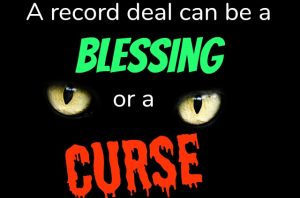
90% of them failed to make a living doing what they loved to do.
Which means the 10% of the artists made SO MUCH money they covered all the losses from the other 90%.
How was that possible?
How did any business not only survive, but thrive when 90% of the products they paid to develop, manufacture, and distribute were money-losers?
Can you imagine if 9 out of 10 McDonald’s hamburgers were returned?
Can you imagine 9 out of 10 brand new iPhones were broken?
How does a business making these incredibly uneven statistics work and become profitable?
Why was this horrific ratio the reality back then?
The answer to all these questions is radio and distribution.
Radio was such a powerful promotional tool that it literally influenced enough consumer minds to purchase 600 million units from the Beatles, 300 million records from Madonna, 230 million from Rhianna, 100 million from Jay-Z, etc.
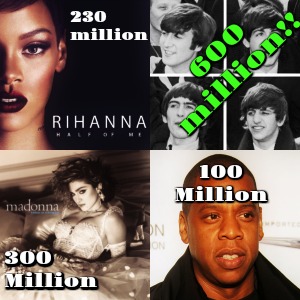 Of course, that was when people were listening to the radio.
Of course, that was when people were listening to the radio.
But even in the best days, radio was restrictive.
There are roughly 12 spins per hour resulting in 2016 spins per week.
A song in heavy rotation accounts for around 70 spins per week (10 spins per day or roughly 1 spin every 2 hours). Medium rotation was 40 (ish), and light rotation about 15-25 per week.
This leaves about 3-4 spins per week to “test out†a new song the stations would consider adding to a rotation.
Now let’s say that the label loves the song and puts the promo money behind it. Let’s also say that radio loves it and a station wants to add it to their rotation.
There is something in the law of physics that MUST happen before any new song can be added to a rotation.
Somebody else’s song must be dropped from rotation to make room for the new one.
See how that works?
That’s what I mean by restrictive; it’s mathematically limiting.
Radio was powerful but there wasn’t enough time in the day to spin all the songs from all the artists on all the labels, thus, only 10% were able to grow their audience and thrive.
Today, the stations are failing. They’re losing money and the future of radio is seriously in jeopardy.
But we don’t need radio.
We don’t need radio and for all intents and purposes, radio isn’t going to be around to help you so drop that part of your dream right now.
It just isn’t a reality. Especially when you consider the fact that 2 of the 3 big corporations that own all the major market stations are either out of the radio business or about to be.
We don’t need to ask anyone’s permission to make our art, connect with and create future fans, or distribute our music.
 We can do all that from a laptop on our couch.
We can do all that from a laptop on our couch.
Wow. How crazy is that?
Yet, so many of you have a dream of getting a record deal.
Why? Why do you have that dream now?
When everything was working, your dream had a 90% failure rate.
Do you have any idea how many KILLER artists I know that paid good money to get out of their deal?

Most artists aspire to be signed because it symbolizes a formerly necessary step to making a living in music. A record deal implied success even though the opposite was true for 90% on the label’s roster. Also, most artists don’t know how to do it without a record label so they feel the label is the only answer.
For the record, I’m not saying a record deal is a bad idea. I’m saying for most artists it is. It’s only a good idea for the savvy artists who know how to position themselves in today’s music business.
There was certainly less expected of an artist back then because the label did just about everything. This also meant the artist had little control over their careers.
The label and radio decided to make you or break you.
Today, there is more expected of you, but you can “stack the deck†in your favor. You can come into a contractual negotiation with power as opposed to nibbling on whatever crumbs they decide to throw you.
Yuck.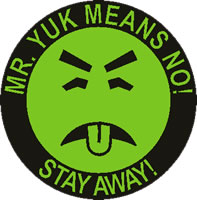
If you follow my articles you’ve read the story about indie country artist Granger Smith. He created a 1.8 million-dollar empire from his laptop. All the labels wanted to sign him but the artist and his team said “NO†for years until they said yes to Broken Bow Records.
They were given their own imprint called Wheelhouse Records (That means their own label under the Broken Bow umbrella with far better splits than a normal deal and the ability to profit off other artists on the imprint). I’m quite sure that Granger negotiated some stipulations that would ensure he had all the money and infrastructure necessary to accomplish his next goal; a #1 single.
 He had the power to do that because they wanted his business so badly. He made himself sexy to the labels and it was about his business, not the art.
He had the power to do that because they wanted his business so badly. He made himself sexy to the labels and it was about his business, not the art.
Don’t let that upset you. It was about the business for them. It was about the art for him.
But too many of you fail to understand it’s always been about the business for them. Not your potential, your business.
My question to you is this: What happened to all the artists with a ton of talent but no audience, that were on Broken Bow, the second that Granger Smith signed his deal?
Did you ever think about that?
When Smith was signed his record deal, he ensured that he got all the capital resources, the human resources, etc. The artists that weren’t making money for Broken Bow at that time, waited. They were put on a shelf for the time being. Or worse, forever.
Is that what you want?
Is that a risk you’re willing to take just so you can brag to your friends about having a record deal?
Having a record deal today is incredibly different than 20 years ago when your heroes got signed.
Needing a record deal to reach your audience has also completely changed in today’s music business.
I promise there are going to be a truckload of artists in the very near future who are just as savvy as Granger Smith. Which is going to make it increasingly difficult for the talented artists with no audience on any given label.
Which artist do you want to be?
 Do you want to be the artist like Granger who comes in with all the power to craft your deal into a blessing?
Do you want to be the artist like Granger who comes in with all the power to craft your deal into a blessing?
Or do you want to be the artist with these amazing musical gifts whose record deal quickly became a curse?
The difference between the two is the size of your audience.
 The size of your audience will determine your future and how the big-wigs are going to play with you.
The size of your audience will determine your future and how the big-wigs are going to play with you.
The super cool part is that you get to choose which artist you want to be. You have control.
By not marketing, not learning to market, or by not entertaining different ways of approaching marketing, you’re choosing the former. You’re choosing to roll the dice and hope all the planets align in your favor.
 Choosing to suffer through learning the crap you don’t want to learn about marketing right now means you’ll be more educated tomorrow. It means you won’t be naïve. It means you’ll be driving. It means you’ll be sexy for the right reasons. Oh, and it also means nobody gets to tell you how to make your art. So, there’s that.
Choosing to suffer through learning the crap you don’t want to learn about marketing right now means you’ll be more educated tomorrow. It means you won’t be naïve. It means you’ll be driving. It means you’ll be sexy for the right reasons. Oh, and it also means nobody gets to tell you how to make your art. So, there’s that.
I want you to win.
Choose wisely grasshopper.
Stay
In
Tune.




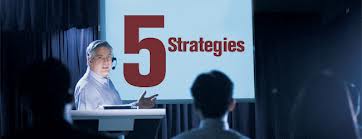
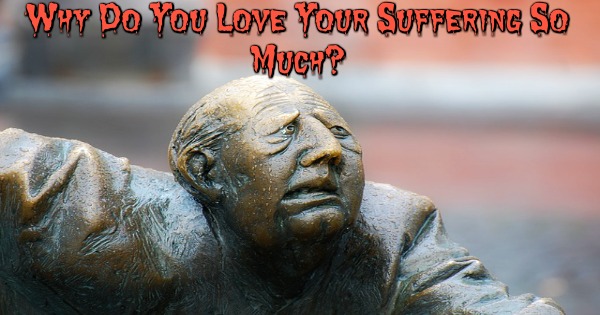

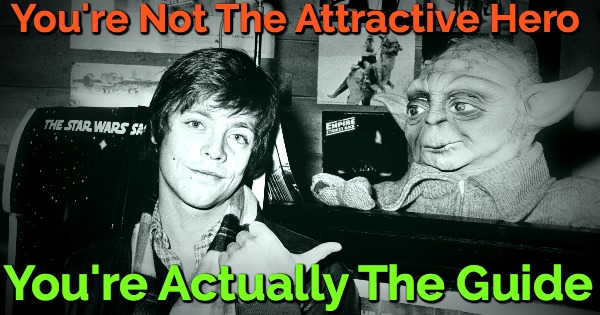


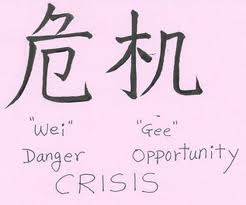



Tell Us Your Comments
Leave a Reply
Want to join the discussion?Feel free to contribute!